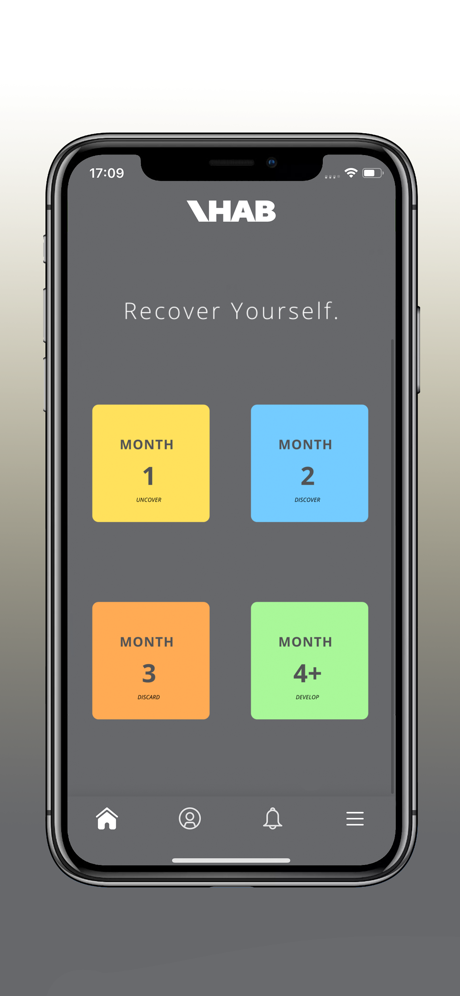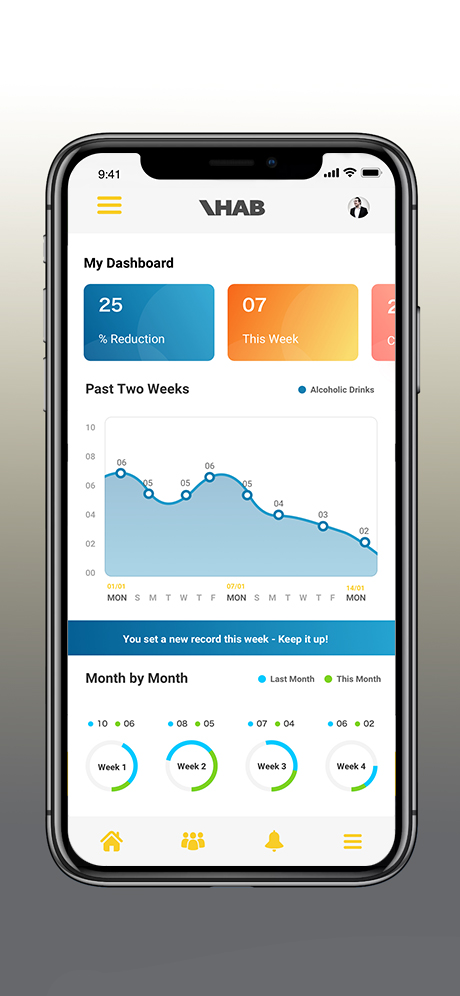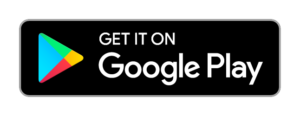Recover Yourself.
70 million Americans struggle to control drinking or drug use.
One in ten chooses the current option
Now you have another choice: VHAB
The Power of Habit
The brain is efficient. When it can, it builds an automatic loop for repeated actions.
You feel uncomfortable, take a drink or a drug, and your mood changes. Doing an action over and over builds a habit.
Synapses strengthen, and the brain changes.
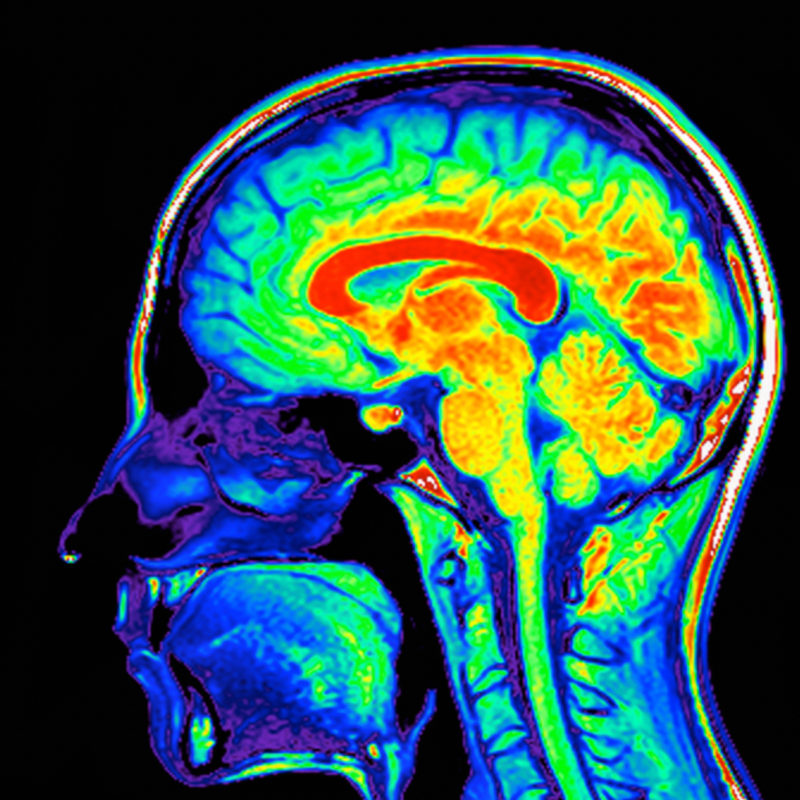
Education | Community | Accountability
There is so much misinformation on addiction habits and what to do about them.
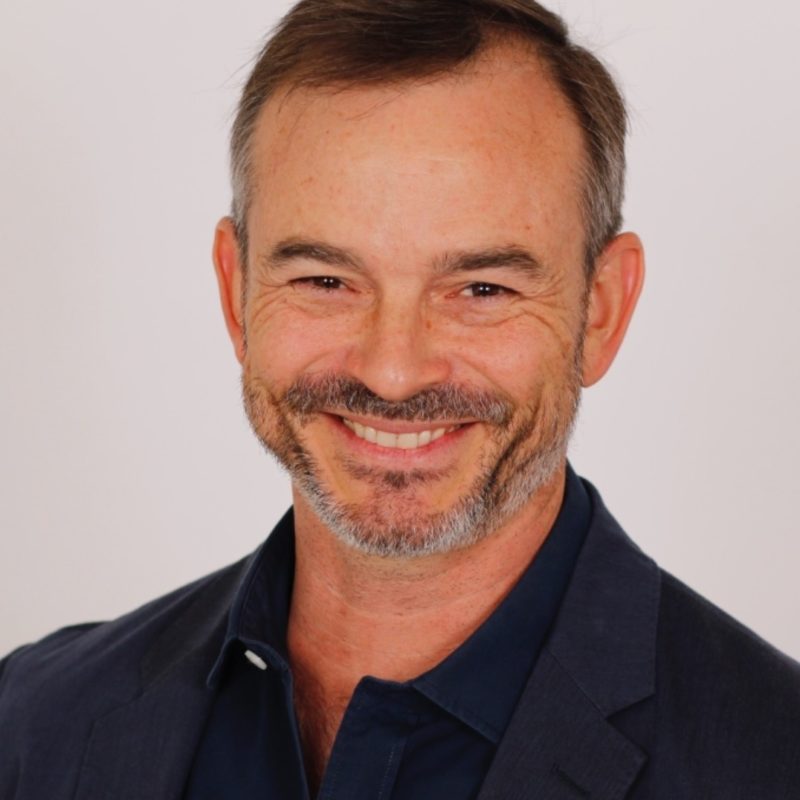
Understanding the exact nature of substance habits is critical if you want to change. VHAB was designed by Jason Giles, MD after years of study and experience. Twenty years ago he beat a nearly fatal fentanyl habit.
Dr. Giles received specialty certifications in Addiction Medicine and Anesthesiology & Pain Medicine. His understanding is based on his own recovery from substance habits.
The three pillars of habit change are knowing what to do, having a group to support you, and tracking your own progress.
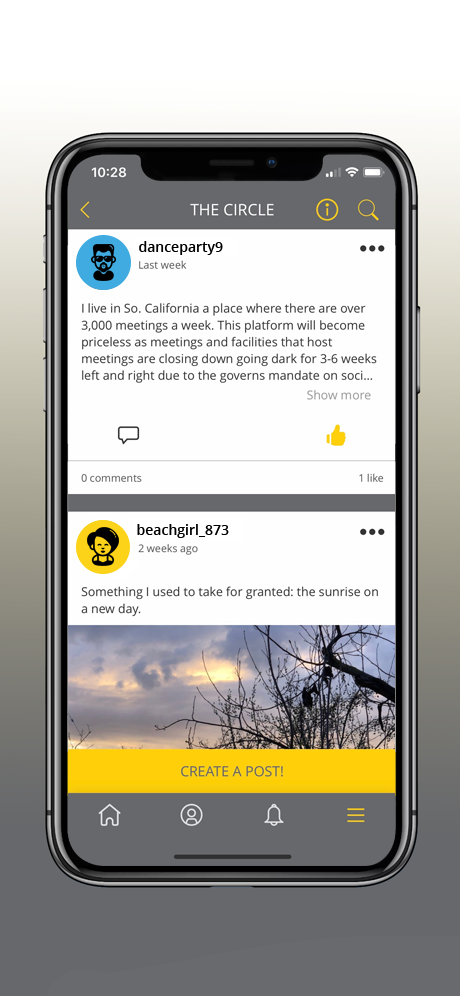
You Can Remain Anonymous If You Like
Embarrassment is the #1 barrier to help. Few want to talk about their struggles with strangers.
Because VHAB is an app, you are in control of how much you want to reveal. We never share your identity without your permission.
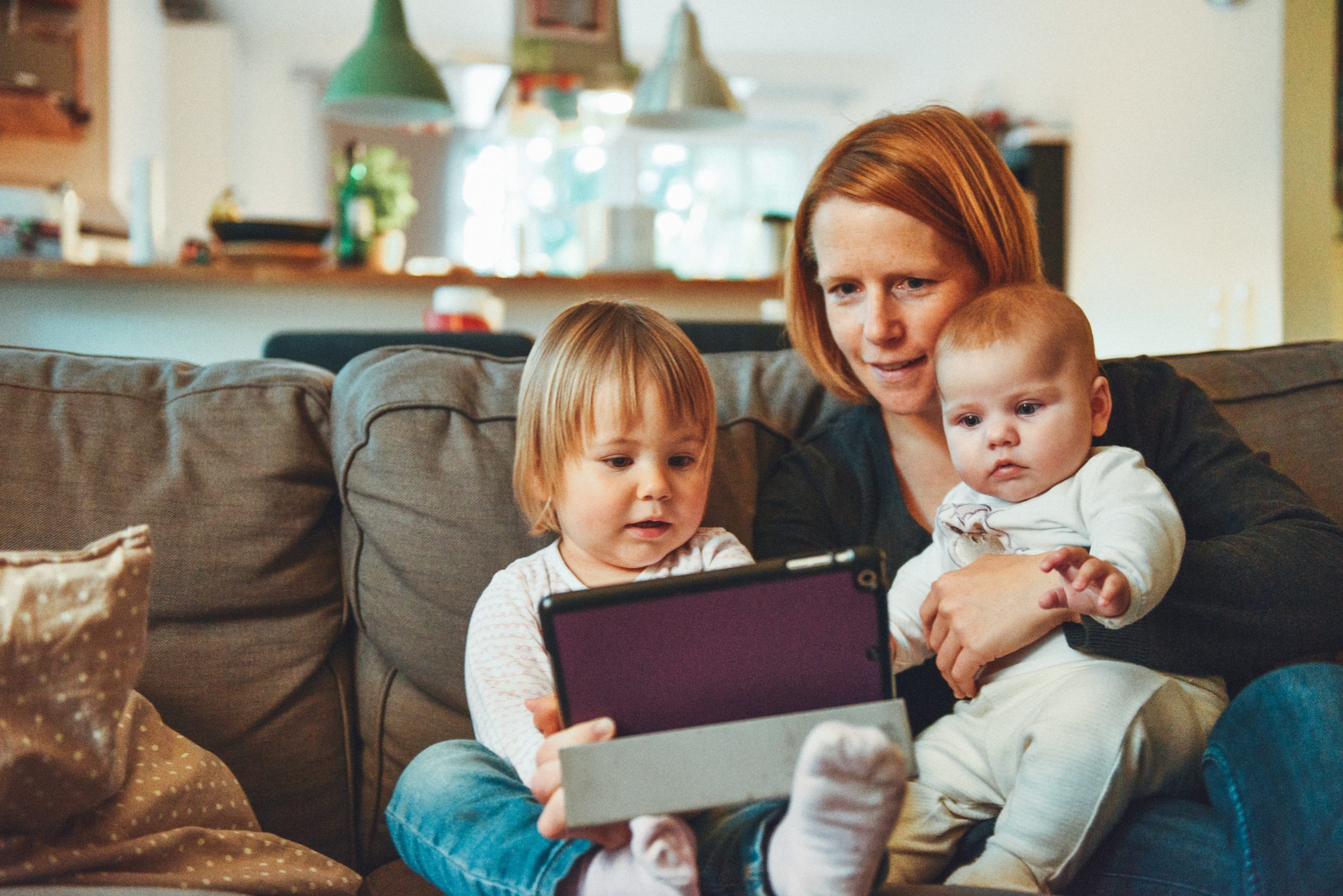
You Don’t Have To Go Away
Most people would rather be at home instead of going away for help. This makes sense when you think about it. The challenging part of habit change is making it stick in your regular life, not in the artificial environment of a facility. VHAB is non-medical and is a tool and community for habit change. If you need medical help with withdrawal symptoms, see your doctor.

You Can Stay on Your Job
Few people can miss a month of work without serious economic consequences. VHAB is an app that runs on your phone. You can do the quizzes, reading and watch the videos before or after work. Some people use VHAB to get a boost in their confidence during a coffee break. With the average cost of treatment well over $10,000, it makes sense to look for alternatives.
Drinking was part of the evening routine with my husband and me. It was getting out of hand and my husband and I agreed we’d stop. He did and I couldn’t…until VHAB helped me get on track. The information is accessible and very helpful. I wrote him an email and Dr. Giles called me on the phone to make sure I was doing okay. I haven’t had a drink now in weeks and my family is happy again. VHAB works — if you’re honest.
Amanda
TXIf they make a Surgeon General of addiction, it better be Dr. Giles.
Richard
Chicago, ILI was doing the Sinclair method to cut down but I needed a community for support. VHAB meshed perfectly with it because their whole approach is non-judgmental. All the other places I went to said I had to quit. Maybe I’ll quit eventually, but for now I’m still deciding.
Gary
FLI went to so many rehabs and had countless doctors and therapists. Then, thank God, I met Dr. Giles and he taught me to recognize my patterns and make new habits. He’s the best!
Michele
NYMaybe I’m weird, but it’s hard for me to trust someone who hasn’t gone through this problem himself. Dr. Giles went through it and you can tell he doesn’t judge.
Steven
Los Angeles, CAI was on several hundred milligrams of methadone for years, and no rehab in the country would take me. Dr. Giles got me to believe in myself again. Little by little my methadone went to zero and I’ve stayed off for over ten years. I say he saved my life, but he’d say he just reminded me what I ought to have done all along.
John
Louisiana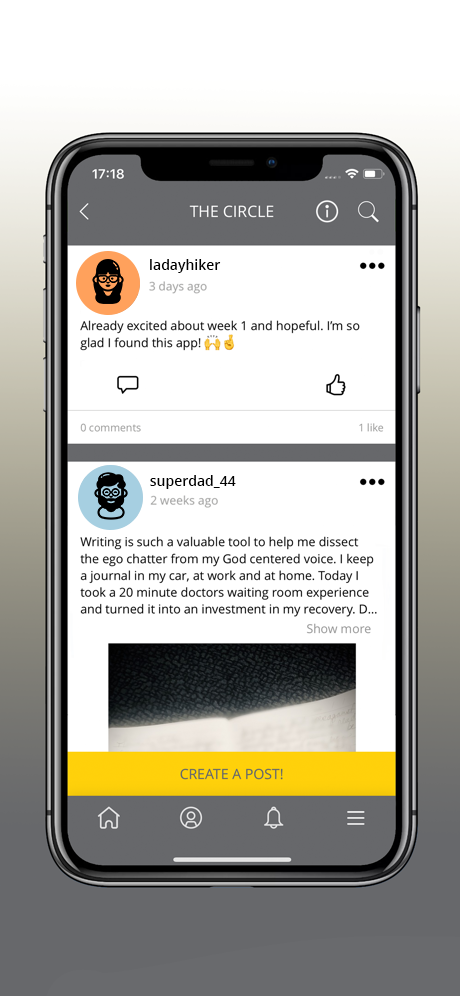
Features
- Mobile app for substance habit change
- Designed by Addiction M.D., sober 20+ years
- Private & Anonymous
- You can decide to stop drinking/using when you’re ready
- Best information and tools for permanent change
- Dashboard of your progress to help you reach your goals
- Personal prediction based on your habit patterns to help avoid problems
- Community support and a chance to encourage others
- Low monthly subscription rate (~cost of a drink a day)
- No long-term commitment
- Free 7-day trial
FAQ
Most frequented questions below
Am I an alcoholic/drug addict?
That’s a great question. Unfortunately, there is no way to properly answer it for you.
Let me explain. First, the definition (2019) according to the American Society of Addiction Medicine:
Addiction is a treatable, chronic medical disease involving complex interactions among brain circuits, genetics, the environment, and an individual’s life experiences. People with addiction use substances or engage in behaviors that become compulsive and often continue despite harmful consequences.
Prevention efforts and treatment approaches for addiction are generally as successful as those for other chronic diseases.
Reading through the definition yourself it’s easy to see they don’t really have a mechanism or a crisp explanation either. Fundamentally, addiction is a process. If you do something over and over it can become automatic. If you stop, then the automatic loop is abandoned while you’re stopped. If someone drinks alcohol (for example) until they have a compulsion to drink, but then they stop for a long time, are they an alcoholic?
I don’t want to pick a bone with the establishment over definitions. There are a lot of research dollars riding on saying the habit of using substances is a medical problem. We’re all working toward a common goal of helping people live better lives.
For myself, I did not find helpful thinking I was powerlessness over whether or not I drank or used drugs. Sometimes after stopping, I’d have a powerful urge to take a drink or use a drug. I am in control and I am responsible for drinking or not drinking. People with most conditions we’d call a “disease” can’t simply decide not to have it.
And finally, the success rates for the overwhelming bulk of treatment are shockingly low. Sadly, they are not “generally as successful” as treatment for say, diabetes.
Isn’t the only way to beat substance use by going to rehab?
No. Rehab statistics are very hard to come by. Anne Fletcher’s expose, Inside Rehab, on the treatment industry will open your eyes. Most customers of rehab relapse to substance dependence within days of discharge.
One study of methadone clinic patients found they preferred spiritual-based recovery to regular addiction treatment. A Christian sobriety group called Celebrate Recovery claims over 35,000 churches worldwide use its program. This dwarfs the number of treatment facilities at around twenty thousand.
Besides treatment programs, medication assisted therapy (MAT) is widely used for opioid dependence. Most interesting though is the spontaneous quit rate. Every year around 3% of substance users, or over two million individuals in the US, simply quit. VHAB is designed for substance users to evaluate, and if they wish, to change their habits.
Do I have to stop everything?
No. We don’t take a position on whether stopping (abstinence) is right for you. VHAB aims to provide tools (education, community and personal habit tracking) so you can decide for yourself the role you want alcohol and drugs to play in your life.
I will say this, you can only accurately make that decision if you are honest with yourself. If you tell it like it is, you’’ll get back good data upon which to base your own decision. We won’t tell you to stop because we can’t know your particular situation. We will help you see your habits – and their effects – more clearly.
I’ve decided I want to stop. How do I quit?
VHAB is designed by Dr. Jason Giles, MD, a practicing addiction doctor who’s been sober over twenty years. With that said, VHAB is a non-medical habit change platform. As you know, tolerance and physical dependence can accompany long-term substance use. Withdrawal symptoms can be severe and stopping abruptly may be risky. Risks including injury or even death. Only if you are able to stop without physical or mental problems, and if you have any concerns that have been addressed by your doctor, should you undertake the VHAB program.
General information about the typical course of stopping various habitual chemicals (substances) is provided in the educational material within VHAB. None of the contents should be construed as medical advice to you or to anyone. Nevertheless, many find themselves able to cut back or stop and they are simple seeking additional information about common withdrawal symptoms. These are discussed in the User’s Manual within VHAB.
The most important part of stopping or cutting back is the decision to do so. Without it, you can never make substantial progress. While many come to VHAB with an aim to reduce their substance intake, many also decide they don’t want drugs or alcohol in their lives at all. A decision to stop, followed through, and backed up by the formation of new habits, is remarkably effective when coupled with community support. It’s worked for me for over two decades, though your mileage may vary ????
Will I ever be able to drink/use again?
Since I don’t know your particular situation, who could say? I will note that many who pass through a period of significant substance use, and even dependence go on to drink & use responsibly. There are no ironclad rules. For me, it is entirely possible that after all this time I could drink or even use recreational substances like marijuana.
I’d be a fool to pretend there were not risks of reactivation of my old using habit-loops. Since I like my life the way it is, and I have no overwhelming compulsion or loss of control, I’d rather not risk it. I choose not to drink because the potential upside isn’t that great (I know what buzzed & drunk feel like). The downside is potentially grave.
What I tell people in my clinical practice is to give cutting back or abstinence (if that’s their aim) a try. Try it for a month or a few months. A weekend or a day off is too short a time span. After a few months, make an honest assessment. You’ll know pretty quickly if alcohol and/or drugs is something you want to keep or drop.
How bad is the damage that I did to my body?
These medical questions aren’t answerable in an FAQ. History, physical and lab tests are necessary to even begin to answer this question. See your doctor for this. I will say something though; it’s probably not as bad as you think.
For most, the body is remarkably resilient. Some substances are harder on the bod than others, but the human body has a remarkable gift for detoxing and healing itself. I was amazed how much better I felt after a few weeks from my last drink. If you drank to the point of cirrhosis or seizures, if you used cocaine until you had a heart attack (M.I.) then gently stopping and stopping for good are probably your best bet. Talk with your doctor even if this isn’t your story because there is nothing better than knowing the truth about your body.
How bad is the damage that I did to my mind?
You’re reading as far as question 7 on an FAQ; I’d say it’s probably not as bad as you think.
Speaking both personally, and from my experience helping people change their habits, there are long-lasting changes in the brain from repetition of any habit. This includes substance use. We naturally “wire” these automation loops – for good or ill – because in the long run they save time and energy.
We automate repetitive tasks after only a few times. These habit loops are reinforced by environment, stress, pain-avoidance and reward –to name a few factors. Ever feel sometimes like your car almost drives itself to a place you go all the time? Or that the first thing you do every morning is grab your phone and check it? Those are habits too. Sometimes habits are so ingrained they can feel like second nature.
In order to change a habit, we must change the reward in the habit loop. The VHAB program draws on the latest psychological and neuroscience research to teach you how. You should remember, the brain doesn’t easily let go of these loops once they’re built. This is why many people ultimately decide to go to zero with substances and replace their old habit-loop rewards with sustainable new ones.
How can I get people to trust me again?
It’s pretty common for us to be less than totally truthful when we use substances to manage our feelings. When I was using IV narcotics, no way I was telling anyone what I was doing. To keep the secret double life going, promises are broken and we don’t tell the whole story.
The way back to people trusting you is to have your actions match your words. It takes time for us to lose the trust and respect of others. It also takes time to recover that trust. One way to slow your return to trustworthy status is to run around begging people to trust you. Stick with the plan and do what you say and trust will return.
How long do I have to do this?
You can stay with us as long as you like. It’s on me and the team to keep making a platform that is helpful to you on your journey. Back when I first decided to leave substances behind, I wanted to put the whole embarrassing episode in the past and shut the door.
In time, I stopped trying to have a different history. I started to look at my experience, realizing it my ignorance and mistakes could help others. I asked the same question: “how long?” My mentors told me, ‘you have to stay until you want to’. I was confused, but now I think I understand. For lasting change, the new habits have to become second nature. We waste a lot of time and money on short-term, intensive treatment when change happens gradually.
The short answer is you should stay until you feel like you’ve changed as much as you want to. If you want an amazing experience, stay a little longer and lead the way for others just like you.
Can I just smoke pot or take a Xanax?
You can do whatever you like; it’s a free country. VHAB won’t tell you to stop. We only suggest you take an honest look at the effect of substances on your quality of life.
